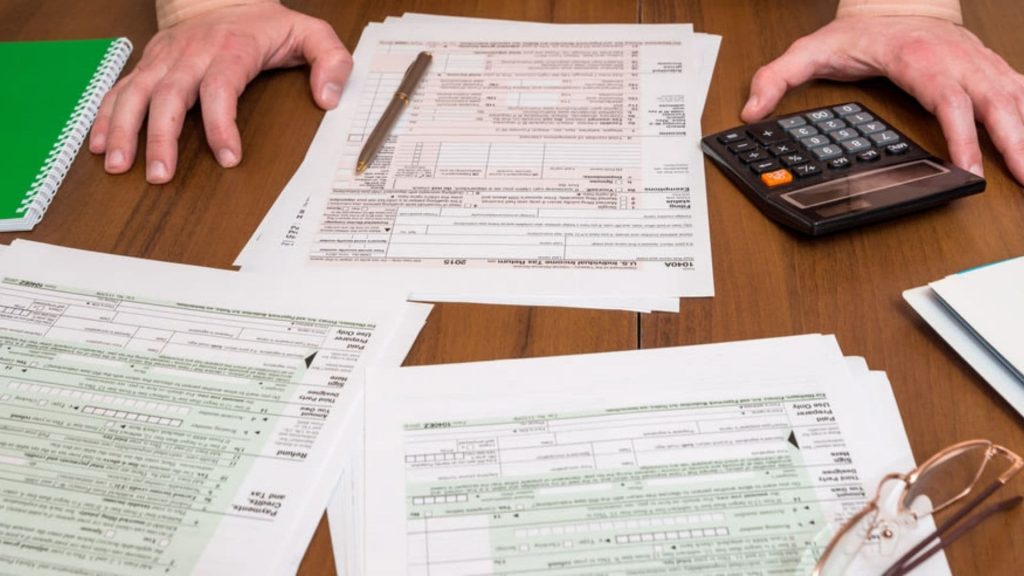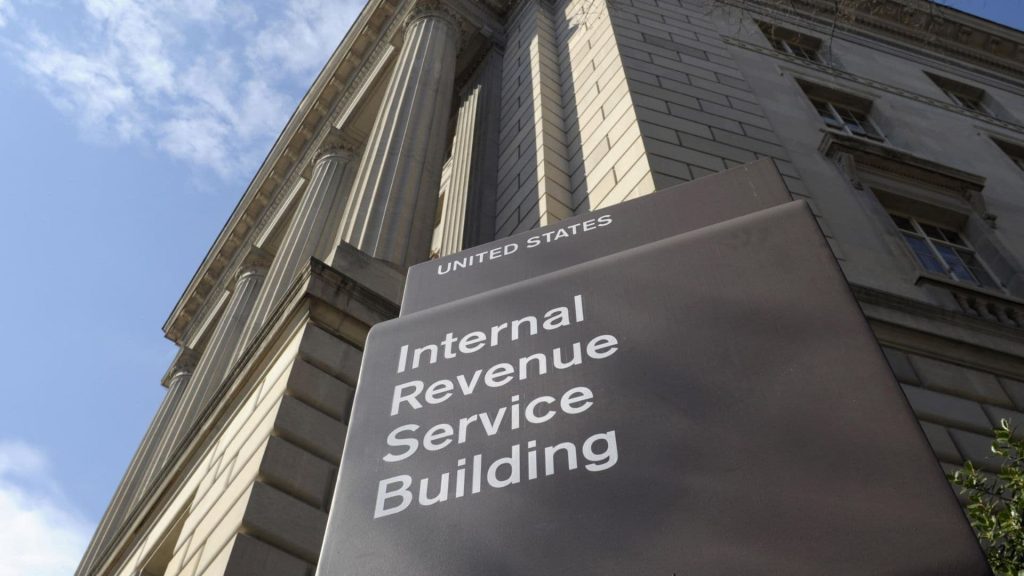
Lost your tax documents in the corporate graveyard? When businesses close, your tax obligations don’t disappear with them. Navigating the complex world of tax compliance becomes particularly challenging when the business that should provide your tax documentation has permanently closed operations, dissolved, or filed for bankruptcy. Unfortunately, the IRS doesn’t consider a company’s non-existence as a valid reason for not reporting your income, leaving many taxpayers scrambling to fulfill their filing obligations without the necessary paperwork. This guide reveals exactly how to get a 1099 from a company that is no longer in business by addressing the methods, resources, and official channels available to retrieve missing 1099 forms from shuttered businesses, ensuring you can complete your tax return accurately while avoiding potential penalties, IRS scrutiny, or compliance issues that might arise from incomplete income reporting.
This article provides methods and resources to retrieve missing 1099 forms from closed businesses. It also explains how to handle tax obligations even without the form, ensuring accurate tax filing and compliance.
Understanding Your Tax Obligations When a Company Closes
Even when a business ceases operations, its responsibility to fulfill tax obligations, including issuing 1099 forms to contractors and vendors, remains. Businesses are legally required to complete all tax filing requirements as part of their dissolution process, including filing final returns, issuing required tax documents, and properly closing their IRS business account.
The closure of a business can occur through various means, such as bankruptcy, sudden shutdown, or planned dissolution. These scenarios can affect how diligently a company handles its final tax obligations. In chaotic closures, issuing 1099 forms might not be a priority for businesses facing financial difficulties or liquidation, which leaves independent contractors and service providers without necessary documentation for accurate tax filing.
Despite these challenges, taxpayers must report all income earned, regardless of whether they receive the corresponding documentation. The IRS is clear that missing documentation from a defunct business does not exempt you from reporting income. Tax authorities expect you to make good-faith efforts to report all taxable income, even when documentation is difficult to obtain.

Direct Methods to Retrieve Your 1099
Before involving official channels, attempt to contact individuals associated with the closed business who might help you obtain your missing documentation.
Contacting Former Business Representatives
Begin by reaching out to former owners, managers, or accountants from the defunct company. These individuals often retain access to financial records or can direct you to the party responsible for handling the company’s final affairs. Former colleagues may be willing to assist you in obtaining the necessary tax documentation.
If the business underwent a formal dissolution, a designated person likely handled the final financial matters. Corporate entities typically appoint someone to manage outstanding obligations during the winding-down process. This individual might be able to issue your missing 1099 form or provide the information needed to recreate it for your tax filing.
Investigating Business Succession
In some instances, businesses transform through acquisition, merger, or reorganization rather than completely disappearing. If the company was acquired by another entity, the successor business might be responsible for some tax obligations of the predecessor. The successor company might have access to financial records and could potentially issue the required documentation.
Business records filed with your state’s Secretary of State or a similar agency can reveal information about corporate transitions, name changes, or successor entities. These public records often contain contact information for registered agents who might direct you to appropriate resources.

Getting Your 1099 Information From the IRS
If direct outreach is unsuccessful, the IRS offers methods to retrieve information about income reported under your Social Security number or tax identification number.
Requesting a Wage and Income Transcript
The most comprehensive solution is to request a wage and income transcript from the IRS. This transcript provides information from all information returns (including Forms W-2, 1099, and 1098) reported to the IRS under your taxpayer identification number. The IRS maintains these records for the past 10 years, making this an excellent resource for recovering information from defunct businesses.
You can request these transcripts in several ways:
- Online through the IRS website by creating or logging into your account at IRS.gov
- By phone, calling the IRS at 800-829-1040
- By mail, submitting Form 4506-T, Request for Transcript of Tax Return
When requesting by mail using Form 4506-T, specify the option for wage and income transcripts on the form. Processing typically takes about three weeks. Note that wage and income transcripts for the most recent tax year generally become available after May of the filing year.
Using IRS Online Services
The IRS has expanded its online capabilities, allowing taxpayers to access information more efficiently. By creating an account on the IRS website, you can often retrieve wage and income information for current and prior tax years. Online access allows you to view, download, and print the information.

What to Do When You Can’t Get a 1099 Form?
If timing prevents you from obtaining official documentation before filing deadlines, you still have options to maintain tax compliance.
Reporting Income Without the Form
Unlike W-2 forms, 1099 forms aren’t strictly necessary to complete your tax return. You can file your taxes using your own records of income received from the defunct business. The key requirement is accurately reporting all taxable income, whether or not you received formal documentation.
Self-employed individuals and independent contractors should report this income on Schedule C of their tax return, along with any related business expenses. The absence of a 1099 form doesn’t affect your ability to claim legitimate business deductions associated with earning that income.
Documenting Your Income Accurately
When filing without official forms, maintain thorough documentation of all income received from the defunct business. Bank statements, deposit records, invoices, payment confirmations, contracts, and correspondence provide evidence of income should questions arise later.
If you’re uncertain about the exact amount, the IRS recommends making a good-faith estimate based on available records. However, avoid underreporting, as the IRS may have information returns filed by the business before closure, even if you never received your copy.
Avoiding Penalties and Compliance Issues
Accurate reporting of all income, regardless of documentation status, prevents potential penalties and problems with the IRS.
Importance of Complete Income Reporting
The IRS uses sophisticated matching systems to compare information returns filed by businesses with individual tax returns. Discrepancies between reported income and what businesses reported having paid you can trigger notices, audits, or penalties, even if the reporting business no longer exists.
The penalties for not reporting income can be substantial, potentially including accuracy-related penalties, interest on unpaid taxes, and in severe cases, penalties for tax evasion.
Record Keeping Best Practices
Establish robust record-keeping systems for all income, particularly when working with struggling businesses that might face closure. Save contracts, invoices, payment confirmations, and communications about compensation. Digital backups of these records provide additional security against loss.
For independent contractors, tracking all business income through dedicated business accounts simplifies verification and documentation. This creates a clear separation between personal and business finances that proves invaluable during tax preparation and potential inquiries.

FAQs
What if the business never sent me a 1099?
You’re still responsible for reporting the income.
Can I get a 1099 from the IRS?
Yes, request a wage and income transcript.
What if I can’t get any documentation?
Report income based on your best estimate and records.
Is it okay to not report the income if I don’t have a 1099?
No, report all income to avoid penalties.
How far back can I get a transcript from the IRS?
The IRS maintains records for the past 10 years.
What if the company was bought by another company?
The new company might have the records.